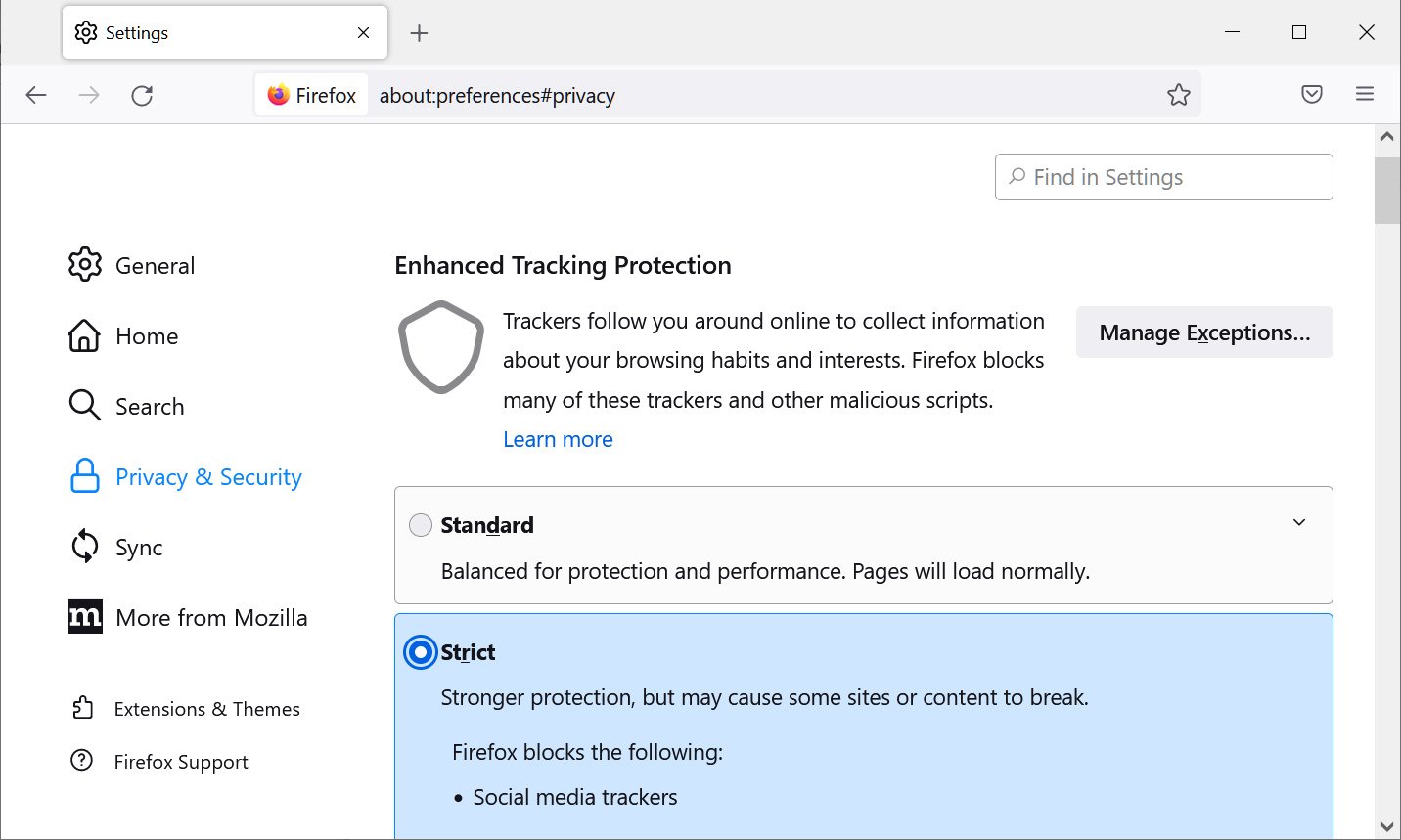The average American has their personal information shared in an online ad bidding war 747 times a day. For the average EU citizen, that number is 376 times a day. In one year, 178 trillion instances of the same bidding war happen online in the US and EU.
That’s according to data shared by the Irish Council on Civil Liberties in a report detailing the extent of real-time bidding (RTB), the technology that drives almost all online advertising and which it said relies on sharing of personal information without user consent.
The RTB industry was worth more than $117 billion last year, the ICCL report said. As with all things in its study, those numbers only apply to the US and Europe, which means the actual value of the market is likely much higher.
Real-time bidding involves the sharing of information about internet users, and it happens whenever a user lands on a website that serves ads. Information shared with advertisers can include nearly anything that would help them better target ads, and those advertisers bid on the ad space based on the information the ad network provides.
That data can be practically anything based on the Interactive Advertising Bureau’s (IAB) audience taxonomy. The basics, of course, like age, sex, location, income and the like are included, but it doesn’t stop there. All sorts of websites fingerprint their visitors – even charities treating mental health conditions – and those fingerprints can later be used to target ads on unrelated websites.
Google owns the largest ad network that was included in the ICCL’s report, and it alone offers RTB data to 4,698 companies in just the US. Other large advertising networks include Xandr, owned by Microsoft since late 2021, Verizon, PubMatic and more.
Not included in ICCL’s report are Amazon or Facebook’s RTB networks, as the industry figures it used for its report don’t include their ad networks. Along with only surveying part of the world that likely means that the scope of the RTB industry is, again, much larger.
Also, it’s probably illegal
The ICCL describes RTB as “the biggest data breach ever recorded,” but even that may be giving advertisers too much credit: Calling freely-broadcast RTB data a breach implies action was taken to bypass defenses, of which there aren’t any.
So, is RTB violating any laws at all? Yes, claims Gartner Privacy Research VP Nader Henein. He told The Register that the adtech industry justifies its use of RTB under the “legitimate interest” provision of the EU’s General Data Protection Regulation (GDR).
“Multiple regulators have rejected that assessment, so the answer would be ‘yes,’ it is a violation [of the GDPR],” Henein opined.
As far back as 2019, Google and other adtech giants were accused by the UK of knowingly breaking the law by using RTB, a case it continues to investigate. Earlier this year, the Belgian data protect authority ruled that RTB practices violated the GDPR and required organizations working with the IAB to delete all the data collected through the use of TC strings, a type of coded character used in the RTB process.
[…]


